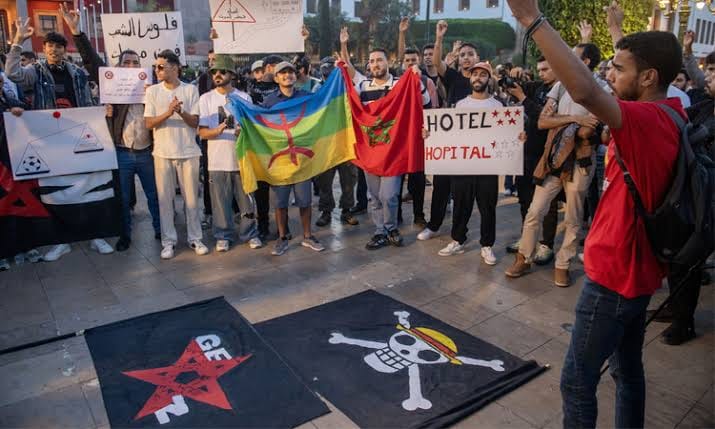Morocco’s government has announced a wide-ranging package of social and political reforms following a surge of youth-led protests demanding action on inequality, corruption, and poor public services.
The reforms, revealed through state media, include plans to improve healthcare and education systems, expand youth participation in politics, and strengthen transparency within political parties.
Authorities said the 2026 draft budget will prioritise social spending, with substantial funding directed toward public health and education. Over 27,000 new jobs are expected to be created in these sectors, according to official reports.
One of the proposed bills encourages young Moroccans under 35 to engage in politics by easing eligibility conditions and covering up to 75 percent of campaign costs. Another proposal seeks to enhance the representation of women and youth within political organisations.
The wave of demonstrations, driven by the online movement known as “Gen Z 212,” began after the deaths of eight pregnant women in a hospital in Agadir last month. The protests quickly evolved into a nationwide call for greater accountability and systemic change.
Despite progress in reducing poverty from nearly 12 percent in 2014 to 6.8 percent in 2024, Morocco continues to face sharp regional and social disparities, particularly between rural and urban communities.
The government says the reforms are intended to restore public trust and ensure “inclusive development” across all regions.



